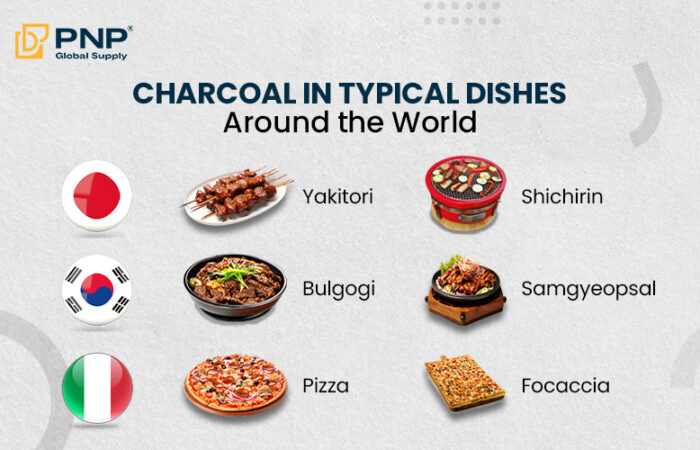In recent years, grilled foods have become increasingly popular as a healthier alternative to traditional deep-fried dishes. People are drawn to grilling because it helps retain the natural flavors of food while reducing fat. However, as appealing as grilled food may be, there are hidden health risks associated with improper grilling methods, including cancer-causing compounds like Polycyclic Aromatic Hydrocarbons (PAHs) and Heterocyclic Amines (HCAs). In this article, we’ll explore the benefits of grilled foods, the potential dangers, and how to make grilling a safer, healthier option for you and your family.
The Benefits of Choosing Grilled Foods Over Fried Foods
Grilled foods have become a staple in many diets around the world, offering several key health advantages over fried foods.
Lower Fat Consumption:
One of the most significant benefits of grilling is its ability to reduce fat intake. Unlike frying, where food is submerged in hot oil, grilling allows excess fat to drip off. This makes grilled foods a healthier choice for individuals aiming to reduce their overall fat consumption. For those on weight loss or heart-healthy diets, grilling offers a simple solution to avoid extra calories and unhealthy fats.
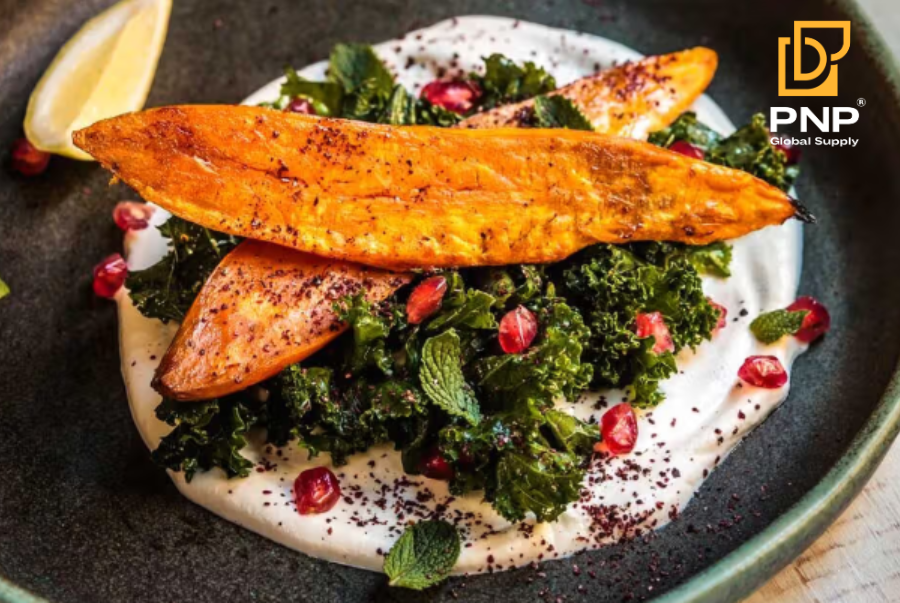
Preserving Nutrients and Flavors:
When food is grilled, it often retains more of its nutrients compared to frying. High heat cooking methods like frying can cause the loss of vital vitamins and minerals in the food. In contrast, grilling preserves the nutrients while enhancing the natural flavors. This means that not only are you consuming fewer calories, but you’re also getting more of the essential nutrients your body needs.
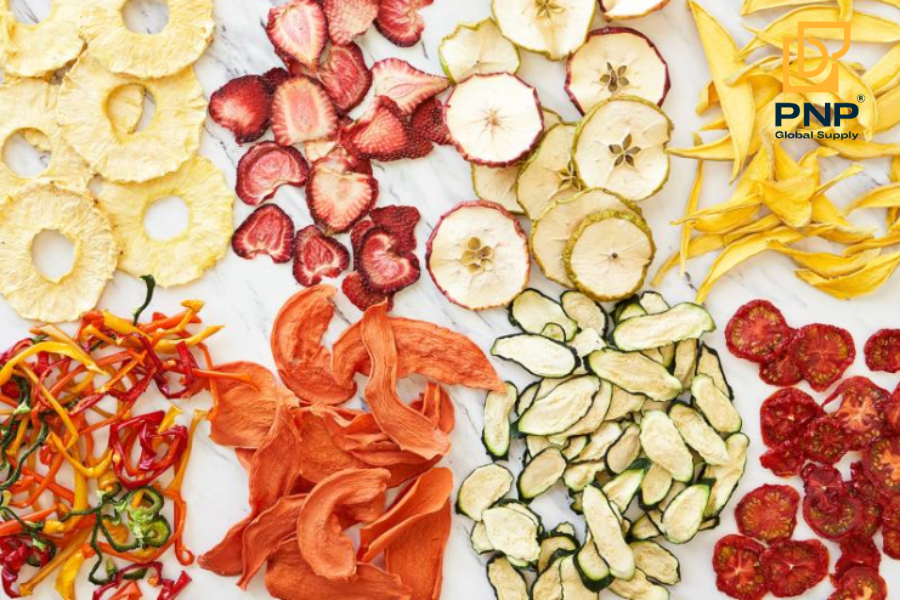
Convenience and Adaptability:
Grilling is a quick and easy way to prepare meals, making it suitable for modern, fast-paced lifestyles. With a grill, you can cook a variety of meats, vegetables, and even fruits in a relatively short time. Whether you’re grilling on an outdoor barbecue or using a modern indoor grill, it’s a versatile cooking method that fits into busy schedules without sacrificing taste or nutrition.
Hidden Risks of Grilled Foods
Despite the many benefits, grilling comes with its risks—especially when the grilling process isn’t carefully controlled.
Cancer Risks from Grilling:
While grilling is often seen as a healthy cooking method, improper grilling techniques can lead to the formation of harmful chemicals. Polycyclic Aromatic Hydrocarbons (PAHs) are one such group of carcinogenic compounds that form when fat drips onto hot coals, producing smoke that coats the food. PAHs have been linked to DNA damage, which can lead to gene mutations and increase the risk of cancer, particularly lung, stomach, and colorectal cancer.
Another harmful compound formed during grilling is Heterocyclic Amines (HCAs). These compounds are produced when amino acids in meat react with high heat. HCAs have been shown to damage DNA and can also contribute to cancer development, particularly when meats are grilled at high temperatures or over an extended period.
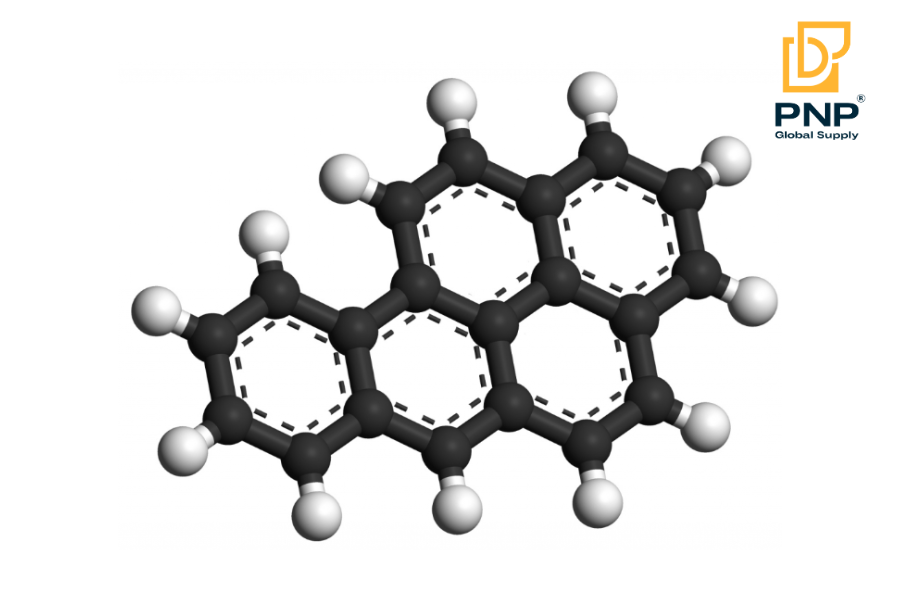
Toxic Exposure from Unsafe Materials:
The materials used for grilling—such as low-quality charcoal or food contaminated with pesticides—can increase health risks. Charcoal, if not sourced from reputable suppliers, may contain chemicals like benzene and other toxic substances that are released during combustion. Additionally, grilling food that has been treated with preservatives or chemicals can cause harmful reactions when exposed to high heat.
Smoke and Harmful Chemicals:
When food is grilled at high temperatures, especially over an open flame, it can generate excessive smoke. This smoke contains not only PAHs and HCAs but also other carcinogens like carbon monoxide and volatile organic compounds. Prolonged exposure to these substances, either through inhalation or ingestion, can compromise your health.
Smokeless Charcoal – A Healthy Solution for Grilling
Given the potential risks associated with traditional grilling methods, it’s important to consider healthier alternatives. Smokeless charcoal is a great solution for those who want to enjoy grilled foods without the health hazards associated with conventional charcoal.
What Is Smokeless Charcoal?
Smokeless charcoal is made from natural materials such as coconut shells, bamboo, or wood. The key difference between smokeless charcoal and traditional charcoal is that it produces very little smoke during combustion. This means less exposure to harmful chemicals like PAHs and HCAs, making it a much safer option for grilling.
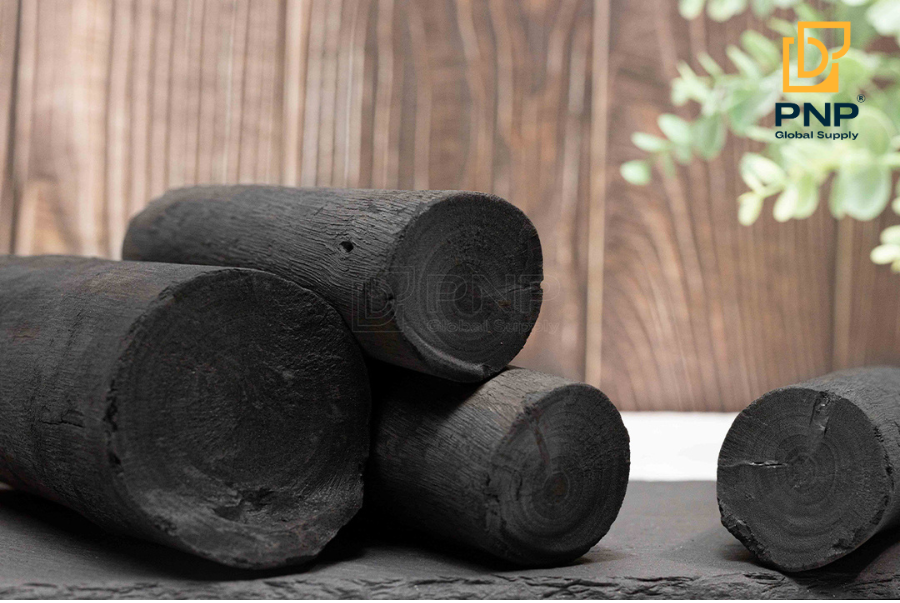
Advantages of Using Smokeless Charcoal:
-
- Healthier for You: Smokeless charcoal emits fewer pollutants and toxins than regular charcoal, significantly reducing the risk of harmful exposure to carcinogens.
- Environmentally Friendly: As smokeless charcoal is made from renewable resources, it’s much more eco-friendly than traditional charcoal. Its use reduces air pollution and minimizes deforestation.
- Cleaner Cooking: Smokeless charcoal burns more efficiently and leaves less residue behind, which means fewer cleaning hassles after grilling.
Comparison with Traditional Charcoal:
Traditional charcoal often produces excessive smoke and can release dangerous gases such as carbon monoxide. Smokeless charcoal, on the other hand, burns cleaner and at a more consistent temperature, making it an ideal choice for healthier grilling.
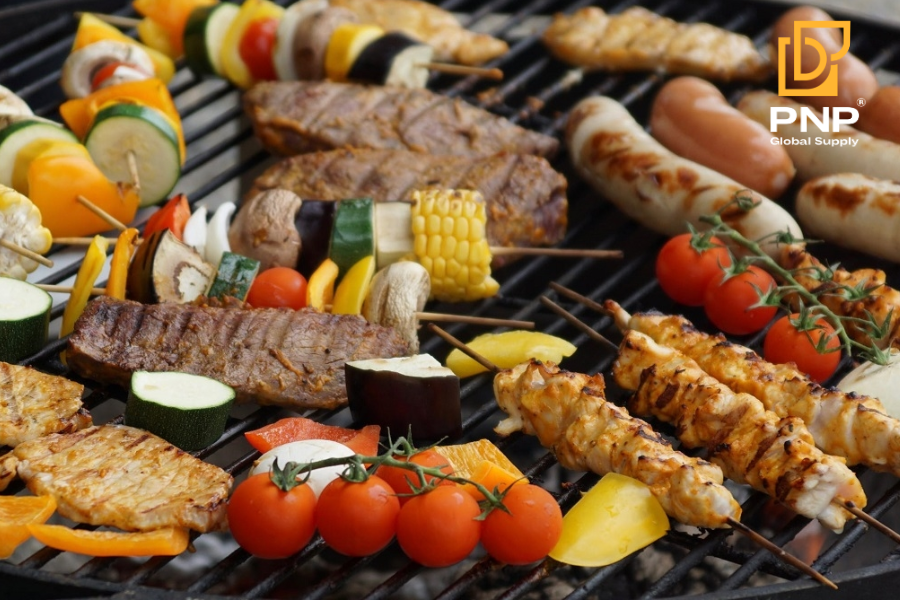
Tips for Safe and Healthy Grilling
To ensure your grilled foods are as healthy as possible, it’s important to follow a few key practices:
- Choose Fresh and Clean Ingredients: Always opt for fresh, high-quality ingredients when grilling. Avoid using food with preservatives or chemicals, as these can react with the high heat and produce harmful compounds. The fresher the food, the healthier the meal.
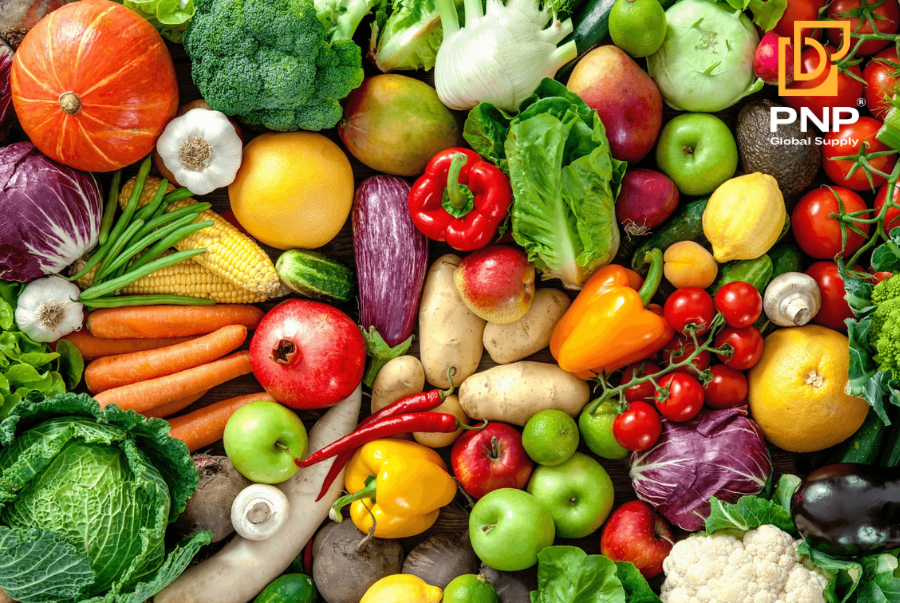
- Control Heat and Cooking Time: One of the easiest ways to reduce the formation of PAHs and HCAs is to control the heat and cooking time. Avoid overcooking or charring your food, as this can cause the production of harmful chemicals. Aim to cook food at moderate temperatures and flip it regularly to ensure even cooking.
- Use Proper Grilling Tools: Invest in a good quality grill with temperature controls to prevent overheating and uneven cooking. Tools like grill mats and trays can help minimize direct exposure to flames, reducing the risk of charring.
- Prioritize Safe Fuel Sources: When choosing fuel for your grill, opt for smokeless charcoal or an electric or gas-powered grill. These methods significantly reduce the amount of smoke and harmful emissions compared to traditional charcoal grills.
- Marinate for Protection: Marinating your meats before grilling can help reduce the formation of harmful chemicals. Marinades containing ingredients like garlic, lemon, and herbs are particularly effective in lowering the levels of PAHs and HCAs.
Conclusion
Grilled foods are often considered a healthier cooking option, offering benefits such as reduced fat consumption and preserved nutrients. However, improper grilling methods can expose you to harmful substances like PAHs and HCAs, which increase the risk of cancer. By choosing smokeless charcoal, controlling heat and cooking times, and following best grilling practices, you can enjoy grilled foods without compromising your health.
Ultimately, grilling can be a healthy and delicious choice when done correctly. With a few adjustments to your grilling techniques and the use of safer grilling tools, you can significantly reduce the health risks associated with grilling while still enjoying all the great flavors it offers. Make grilling a part of your healthy lifestyle today!
_____________________________
Contact us for more information
Facebook: PNP Charcoal
Instagram: PNP Charcoal
Email: info@pnpglobalsupply.com

